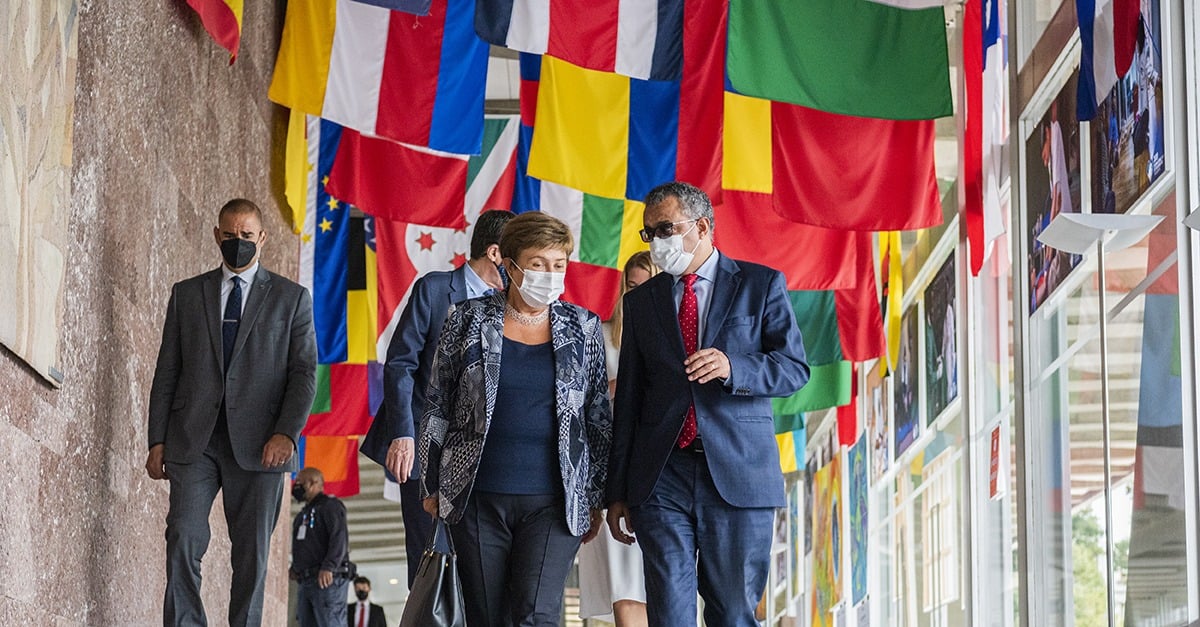
Policymakers at the Central Bank of Brazil, led by Governor Roberto Campos Neto, arrived at this decision with a unanimous vote. The bank has faced significant challenges in recent months due to inflation rates that have remained stubbornly high despite previous rate hikes. By maintaining the current rate, the Central Bank aims to continue its efforts to stabilize prices without stifling economic recovery.
The decision to hold rates steady follows a series of aggressive monetary tightening measures implemented over the past year. These measures have included several rate hikes designed to combat inflation, which reached levels above the bank's target range. The current inflationary environment is driven by a combination of factors, including high food and energy prices, as well as supply chain disruptions.
Inflation in Brazil has been a major concern for policymakers, affecting both consumer prices and overall economic stability. The Central Bank’s strategy has involved a delicate balance: raising rates to curb inflation while avoiding actions that could slow down economic growth too drastically. The decision to pause rate hikes is an indication that the bank is reassessing its approach, weighing the risks of further tightening against the potential impact on the broader economy.
Economic analysts have noted that while holding rates steady may help avoid an economic slowdown, it could also signal that the Central Bank is taking a more cautious stance. The Brazilian economy has shown signs of recovery in some sectors, but challenges remain, including a volatile global economic environment and domestic political uncertainties.
The Central Bank's decision will be closely monitored by market participants and economic analysts. There is an ongoing debate about whether further rate adjustments will be necessary in the coming months, depending on how inflation trends evolve. The bank's next steps will likely be influenced by developments in both domestic and international economic conditions.
Governor Campos Neto and other officials have emphasized their commitment to maintaining price stability while fostering a conducive environment for economic growth. The bank’s approach will be critical in shaping Brazil's economic trajectory, especially as it navigates complex global economic dynamics and domestic challenges.
The decision to keep interest rates unchanged is also a reflection of broader trends in global monetary policy. Many central banks around the world are grappling with similar inflationary pressures and are taking varied approaches to manage economic stability. Brazil’s Central Bank, by holding rates steady, is aligning with a cautious global trend that prioritizes balancing inflation control with economic growth.
As Brazil continues to face economic uncertainty, the Central Bank’s policies will play a crucial role in influencing both market confidence and economic performance. The effectiveness of the current strategy will depend on how well it manages to address inflationary pressures while supporting economic stability.
Topics
Live News
